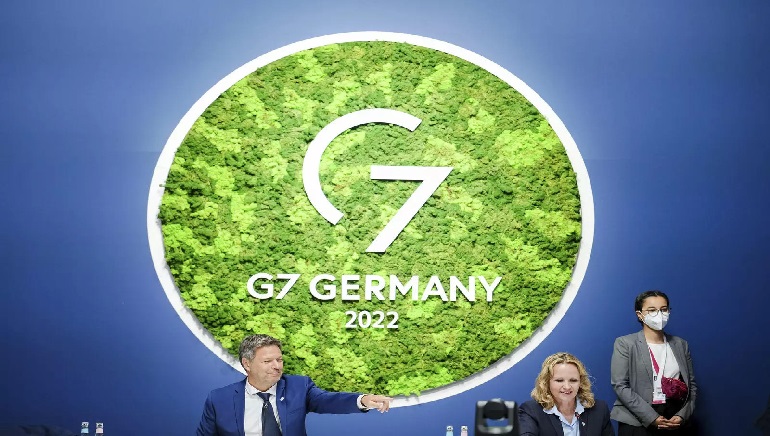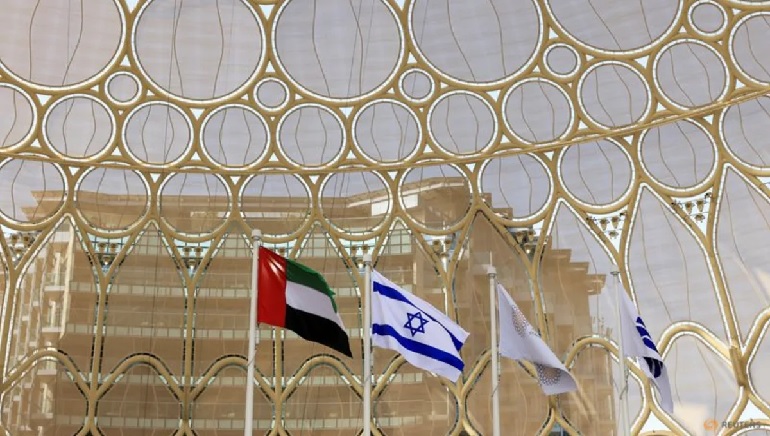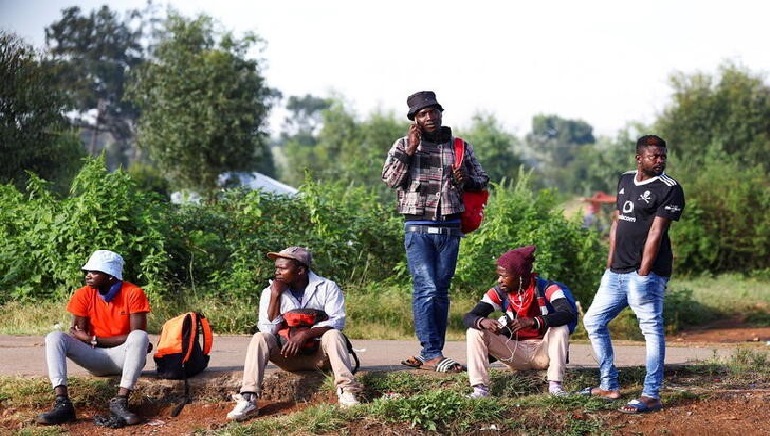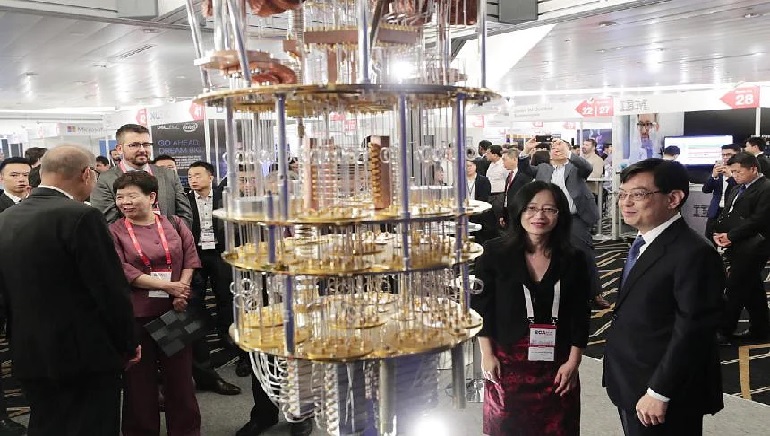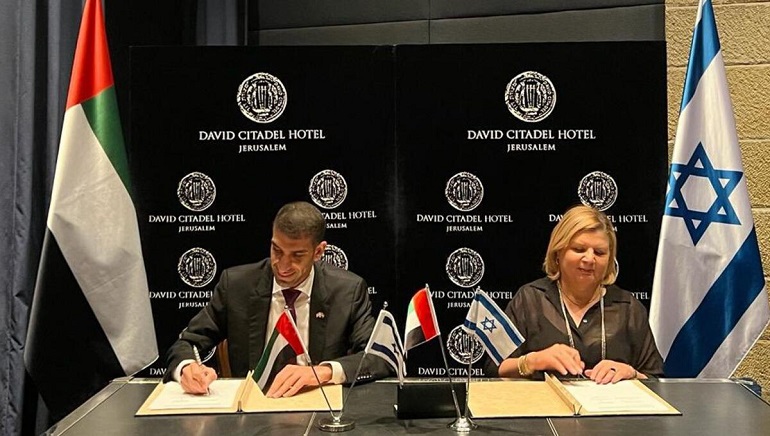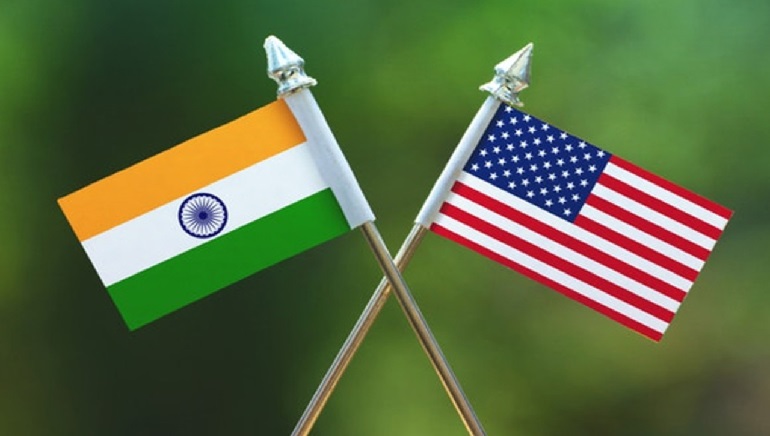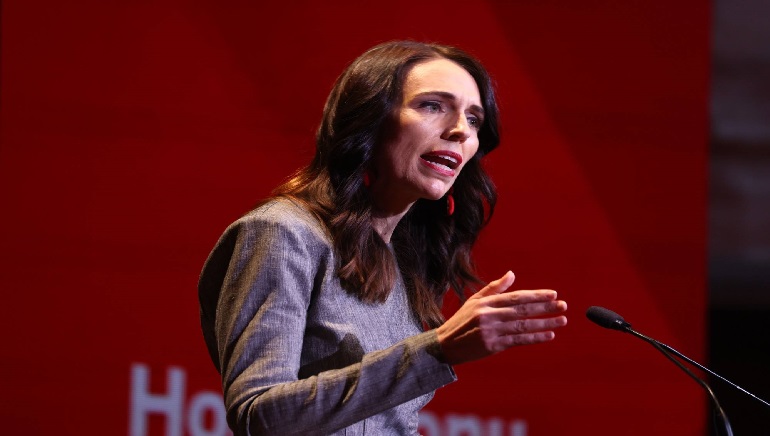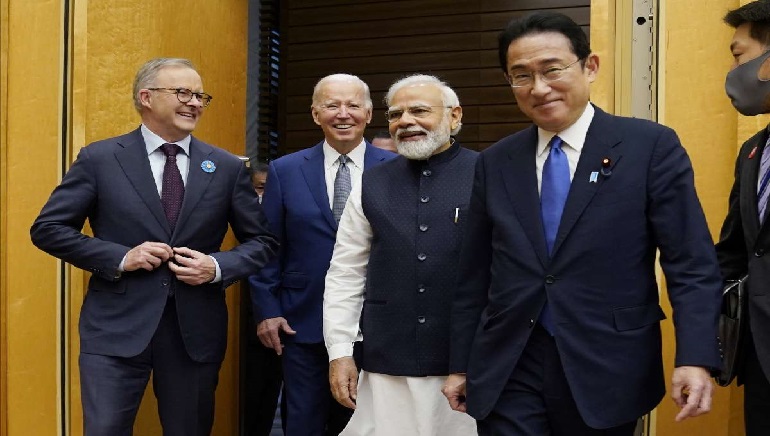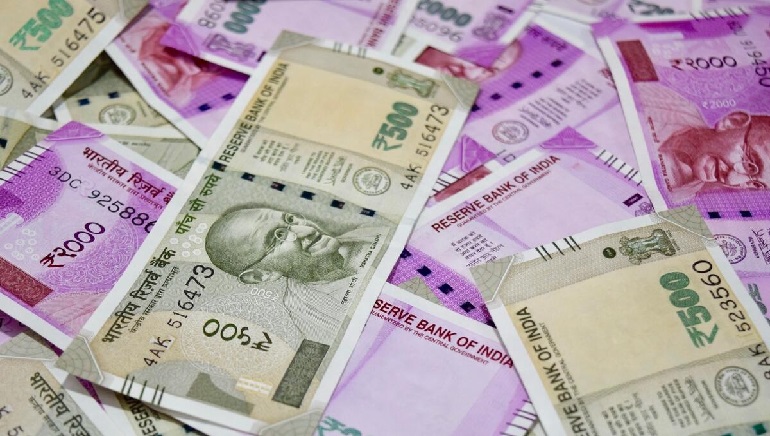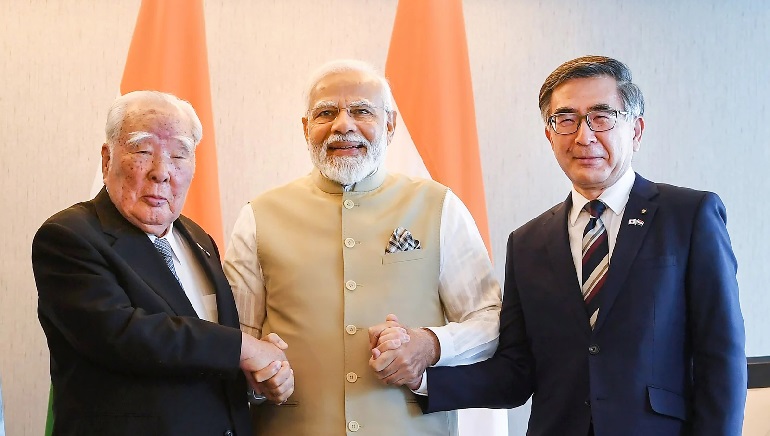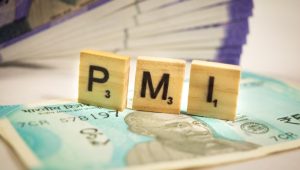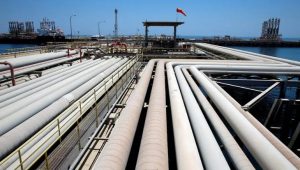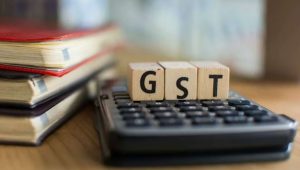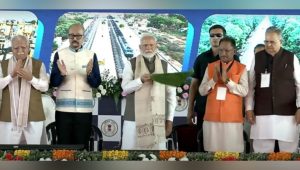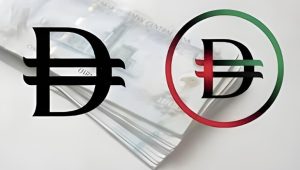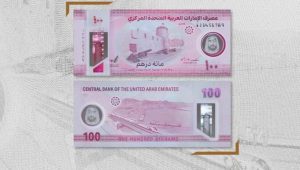The United States and Germany proposed on behalf of the G7 an Indian-G7 partnership to fund decarbonization. They are keen to support India’s transition from a “fossil-based economy to a carbon-neutral economy” and will do so at the G7 Summit, where India was invited later this month.
As per sources, the vision is to create an India-specific ‘Just Energy Transition Partnership (JETP)’ that will correlate India’s position in order to ensure climate justice while addressing global climate challenges, as well as its undertakings to increase the share of renewable energy in its electricity sector. South Africa, which has indicated its intention to decommission coal-fired power plants in favor of lower-emission options, has already agreed to a similar $8.5 billion transition plan with the G7.
A two-phased approach is suggested in the JETP paper for India, which is now being considered by the government. In the first phase, India’s “carbon intensity” will be reduced by deploying renewable energy in power generation. This would necessitate specialized expenditures in modern power networks, energy storage, and the implementation of new green technology.
Additionally, the G7 has taken extra steps to delay the development of thermal power plants and gradually close coal mines.





